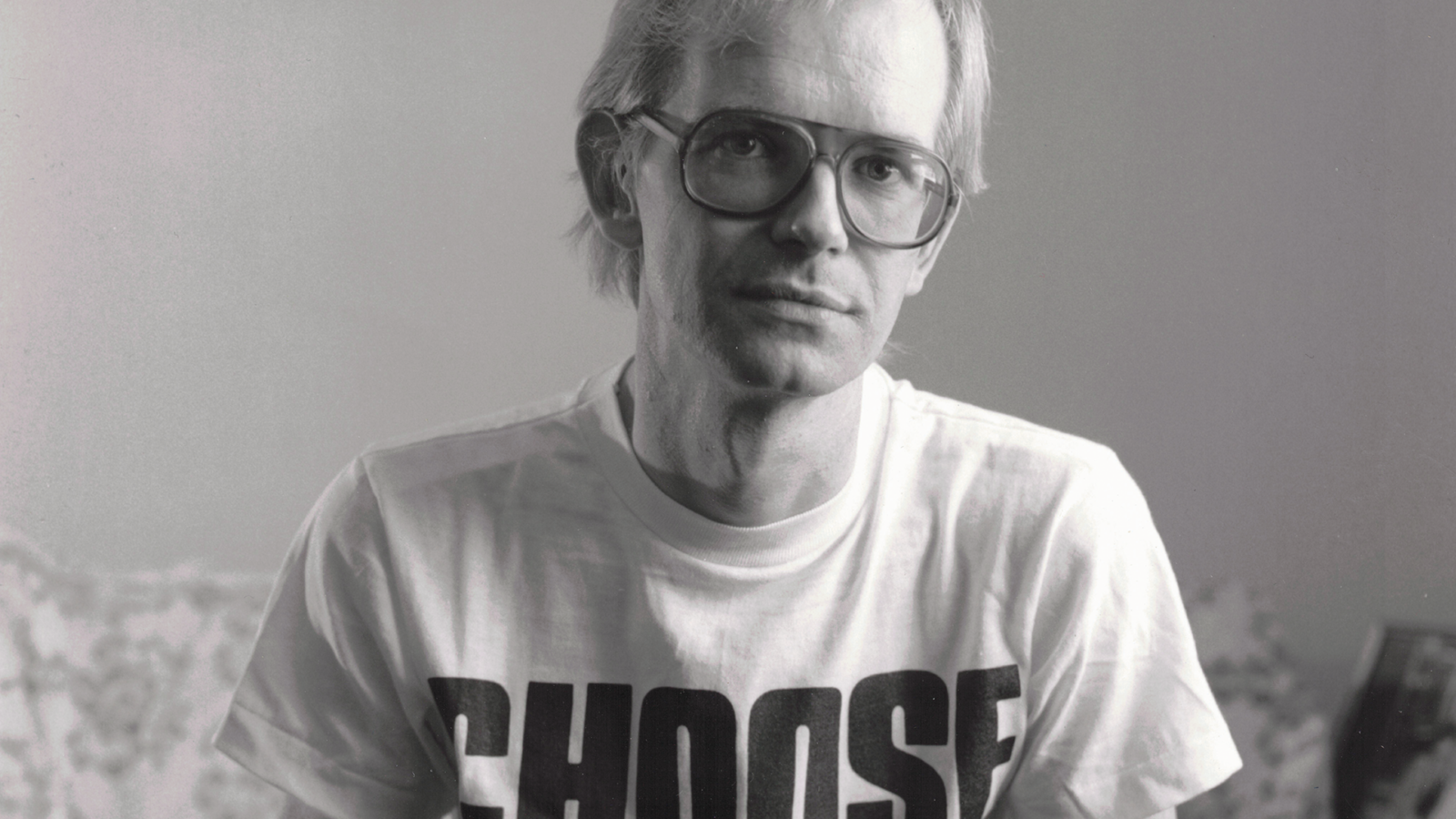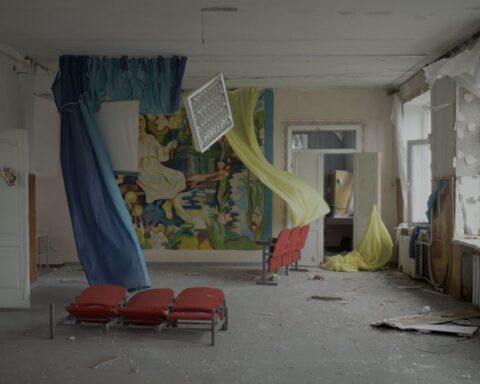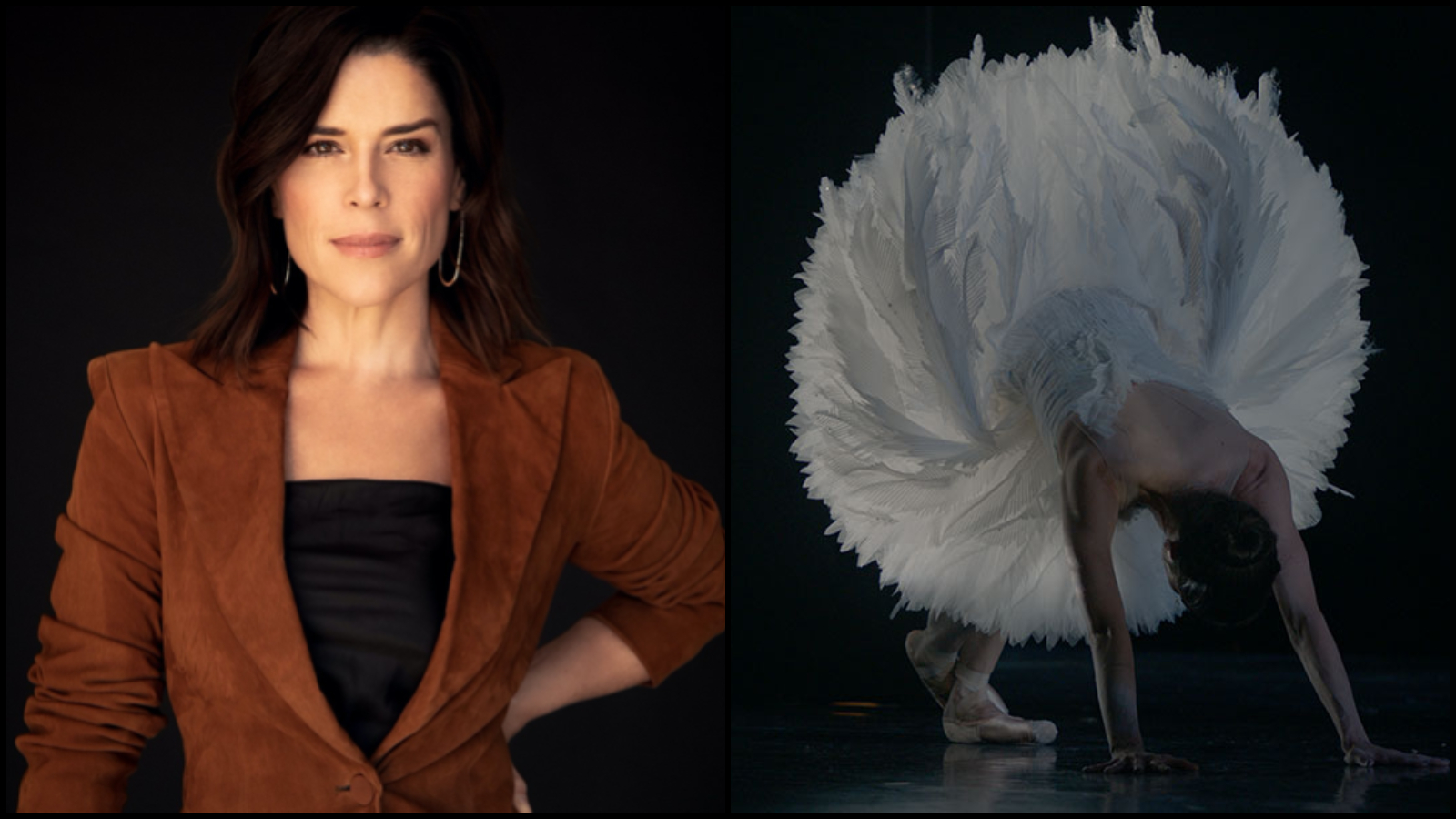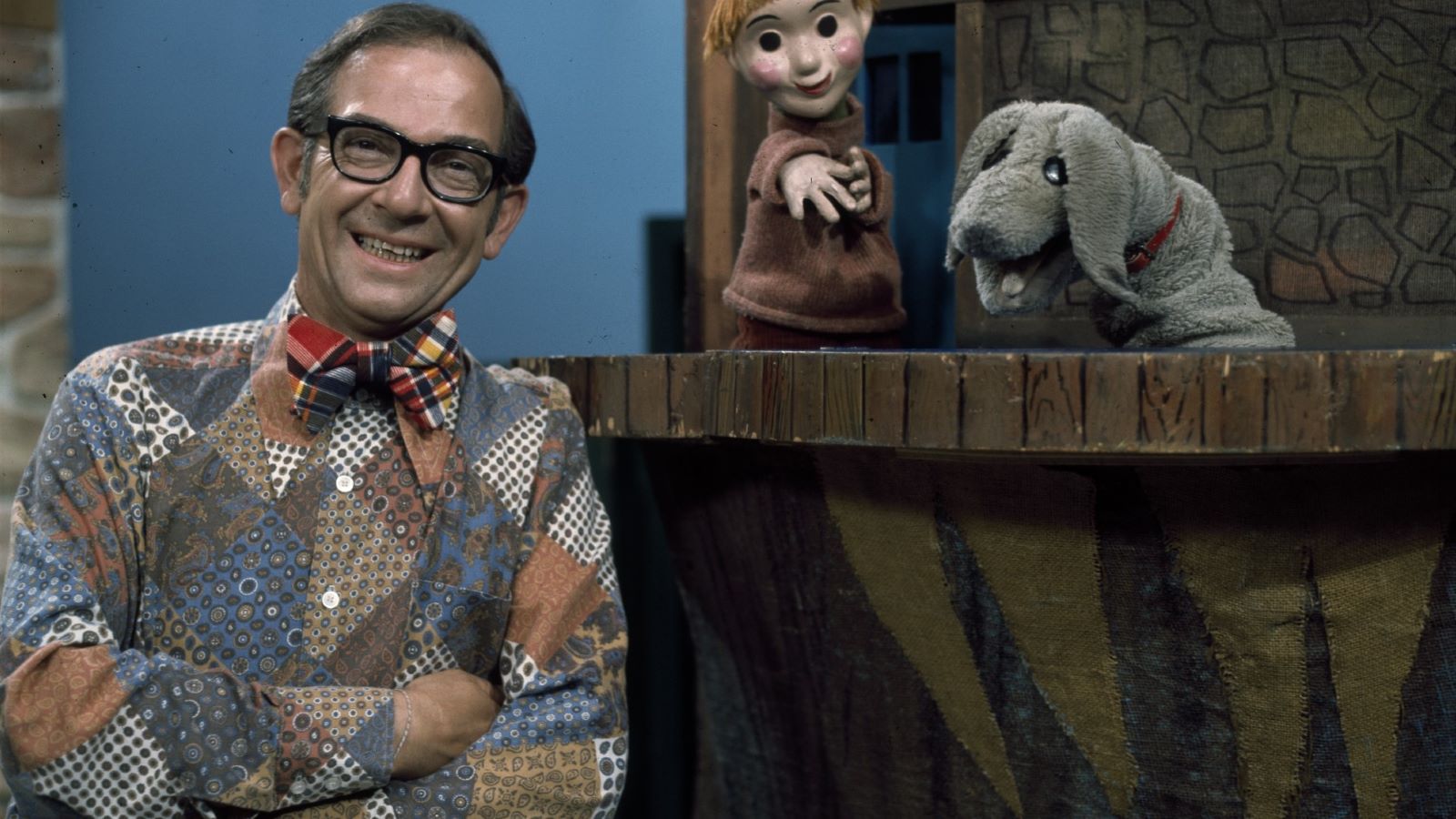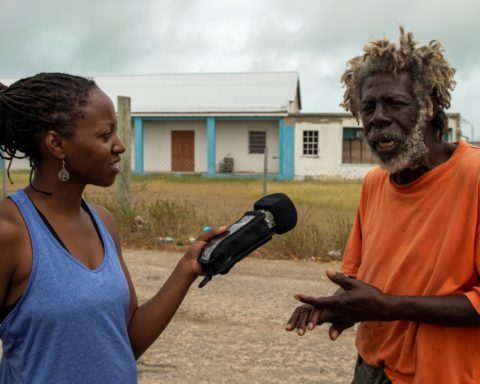In the early-1980s, Nik Sheehan found himself in Toronto working as a feature writer for NOW Magazine. As the spectre of an incomprehensible illness began to spread through Toronto’s queer community, Sheehan offered some of the first real-time reporting on the crisis. It was through this early coverage, alongside a relationship with the newly founded AIDS Coalition of Toronto, that Sheehan landed a $20 000 grant to create a documentary tracing the ongoing collective response of Toronto’s queer community to the looming threat of AIDS.
The result was No Sad Songs (1985), a feature-length film coined as the first major documentary about the AIDS crisis. Sheehan, who was only 25 at the time, chronicled his encounters with queer people and their loved ones as they collectively reckoned with the first waves of a crisis with no clear end in sight. Theatrical and artistic responses interspersed throughout the film point to the creative resiliency of a community in shock. No Sad Songs examined the refuge one finds in art, which became a constant theme throughout Sheehan’s works as his career progressed.
Over the next decade, Sheehan would work with various members of Toronto’s queer and artistic communities to create three more documentaries – Symposium: Ladder of Love (1995), The Drawing Master (1996), and God’s Fool (1997) – all of which are being presented by MUBI throughout the month of July.
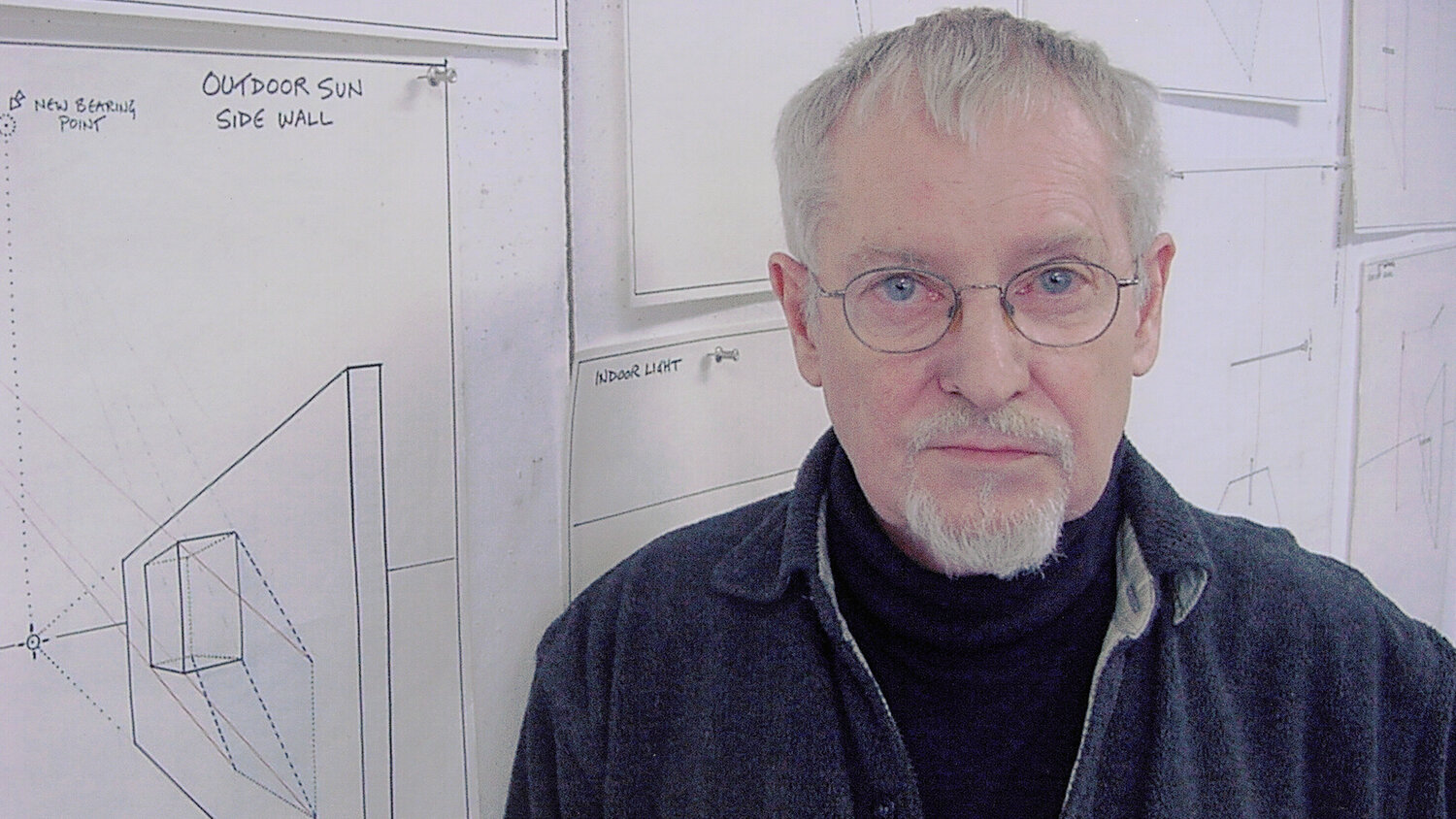
Symposium: Ladder of Love followed the narrative structure of Plato’s Symposium – with the roles of the philosophers, playwrights, and politicians filled by a diverse array of art makers largely working out of Toronto. Each artist was tasked with writing a short film about their answer to the age-old question: What is love? The films were then compiled and presented to the lot in banquet form. The artists then provided commentary on their peers’ unique and situated conceptions of love as part of the project.
Sheehan’s next two films both offered intimate portraits of solitary subjects, largely informed by those around them. The Drawing Master followed Paul Young, a teacher of drawing at the Ontario College of Art and Design, through his final year of teaching and into his first year of retirement. The character study unfolded naturally into a larger ode to the discipline of drawing and the practice’s profound impact on Young. God’s Fool examined infamous Can-lit figure Scott Symons, most notable for his novels Place d’Armes and Civic Square, among the first LGBTQ novels to be published in Canada. The film traced the controversial trajectory of Symons’ career, from his highly publicized personal relationships to his self-imposed exile in Essaouira, Morocco. Anecdotes told by Symons’ peers, former lovers, and literary enemies panted his character. An excerpt of the film where Symons recalled his affair with 17-year-old student comprised his contribution to Symposium.
Although often dealing with heavy subject matter, Sheehan’s films are marked by a playful voice that draws otherwise daunting, taboo topics from the sidelines and into the center of public discourse. With No Sad Songs, he found it absolutely essential not to hide the faces of his subjects as they navigate a mystery illness through a highly politicized landscape. Symposium’s artists reflect on the interconnected nature of love to queerness, sexuality, and disease, among other generally unmentionable topics.
As the culture war pushes onwards and we face a reified sanitization of 2SLGBTQ+ existence in public life, Sheehan’s films become more important than ever. No Sad Songs and Symposium playfully illuminate a thriving historical queer artistic scene in Toronto. God’s Fool points to the undeniable presence of queer writers in the vast scene of Canadian literature. The historical relevancy stands for itself, but it is through Sheehan’s earnest playfulness and humour that his characters, otherwise marked by tragedy, truly come into their full three-dimensional selves.
POV spoke with Nik Sheehan via Zoom in advance of his MUBI collection.
POV: How is this all feeling? Is this your first time seeing your films brought to streaming services?
NS: I’m actually completely astonished. I put those films up on YouTube years ago, and they’ve been sitting there. The distributor Films We Like really wanted No Sad Songs originally, which was kind of a world-famous film. That’s my tragedy: I was 25 years old, and had this giant, internationally acclaimed film, but about something really horrific. It was the most surreal experience, but they always say the worst thing that can happen to a filmmaker is to have big success when you’re really young.
POV: The films featured in this collection span from 1985 to 1997. I’m curious, how did you first find yourself behind the camera?
NS: I’ve been a fanatic filmmaker from the day I got my hands on a camera. I remember making Super 8 films in my early teens. I went to film school at Algonquin College in Ottawa, but then the staff all left for York University after the first year, and it got taken over by the son of a famous film mogul family. They were all kind of wacky, so I ended up leaving and coming to Toronto, where I got into journalism. I worked at NOW Magazine as a feature writer. That led me to land the contract for No Sad Songs because I had written about AIDS in two key stories at the very beginning when it first came to Toronto. At the time, I was the only gay writer at the magazine, so I of course got to cover AIDS.
POV: No Sad Songs debuted at TIFF in 1985. Can you tell me a little bit about the reception of the film?
NS: I remember it sold out all the screenings. Then it got picked up for a theatrical release, which is a really big deal for a little documentary. It then got picked up by an American distributor and went all over the world. All of a sudden it had its own energy. It’s funny how films work like that.
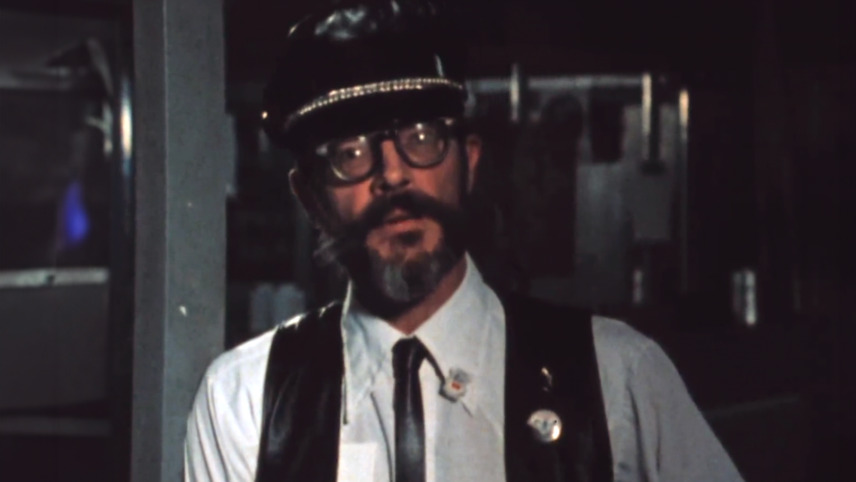
POV: No Sad Songs is often billed as the first major documentary about the AIDS crisis. Watching it, it was quite clear to me that a lot of what you’re doing is responding to a thriving art scene in Toronto that was engaging and responding in real-time to the crisis.
NS: I was very much drawing on the dynamism of the gay creative community – how everybody tries to come together to find some way of dealing with this incredibly overwhelming thing. With No Sad Songs, right in the beginning, it was important not to hide anyone. We saw with Jim Black, he was really ready to talk. When we first interviewed him, it was like we didn’t have to. It was just clear that he had a certain charisma, he had some comfort on screen.
POV: There’s a heavy emphasis on theatre and performance art that I think plays a significant role in the tone of the piece.
NS: I remember David Roche, who does the fireman thing in the beginning—I love that because of his subtle metaphor. I met him when I was visiting Los Angeles, and he was doing a little theatrical show there. When I got back, I called him and then this idea for these theatrical pieces came together.
POV: I noticed a collaborative nature throughout your films, especially in Symposium: Did the film change through the responses from your peers?
NS: Each person wrote their own piece. I did get some money from Telefilm Canada, and I think everybody got paid $500 to write a piece. It’s amazing how generous they all were, these are really gifted people. It’s an odd piece, but I’m very grateful to them all for that. There was no money for anybody, really. They just gave their time and talent, about something so intimate, about their own love.
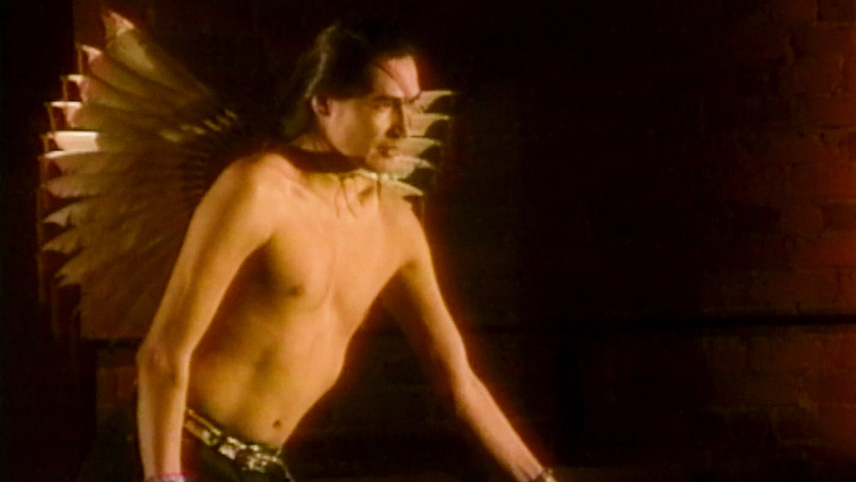
POV: Where did your voice fit into Symposium?
NS: My story was the one played by Daniel MacIvor. He was doing a fictional version of me, and his lover has died. That was the whole idea of the film, as an elegy for the AIDS era, and that all we have in the end is love. As the doctor says: “It was the memory of love that allowed life to happen, that allowed him to die in peace.” That, to me, was the key piece for the film. It’s an elegy for the past, but at the same time, celebrating that love is this eternal thing.
POV: How was Symposium received upon release?
NS: I got it onto CBC News World, so it played over 15 times over a few years. I’m really proud of that because there’s nothing cooler as a filmmaker than when you’ve got a really radical, different type of film, and you look out your window at these apartment buildings, and you realize somebody somewhere is watching it right now on TV. It blows my mind. That kind of makes it worth it.
POV: With the MUBI collection, new energy is brought back to your films. How do you see a new generation of young people, especially queer people, reacting to your films?
NS: If it’s resonating, then I’m blown away. Frankly, there are tens of thousands of films that have been made that just disappear. I think they’re still modern. I think the older ideas are still fresh. With the gay issue, how depressing is it that we thought it was all over? But now they are beating up drag queens, attacking the most vulnerable part of society, trans people, why? Of course, it’s culture war bullshit. To come once more, again, for LGBT, like, oh, just go away.




